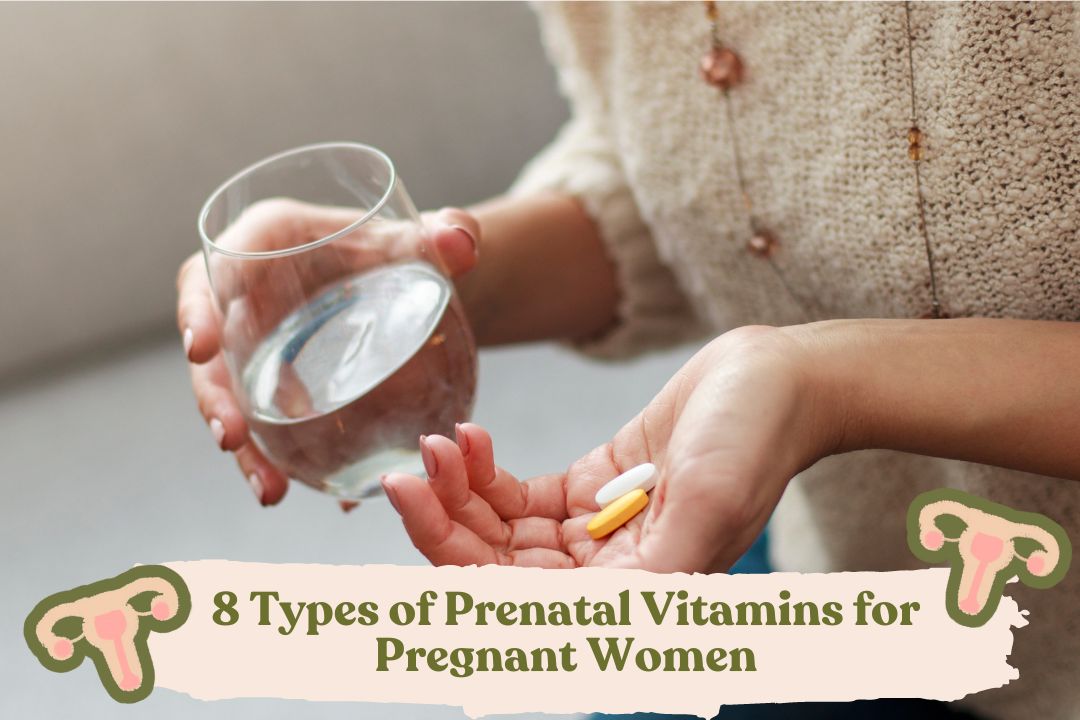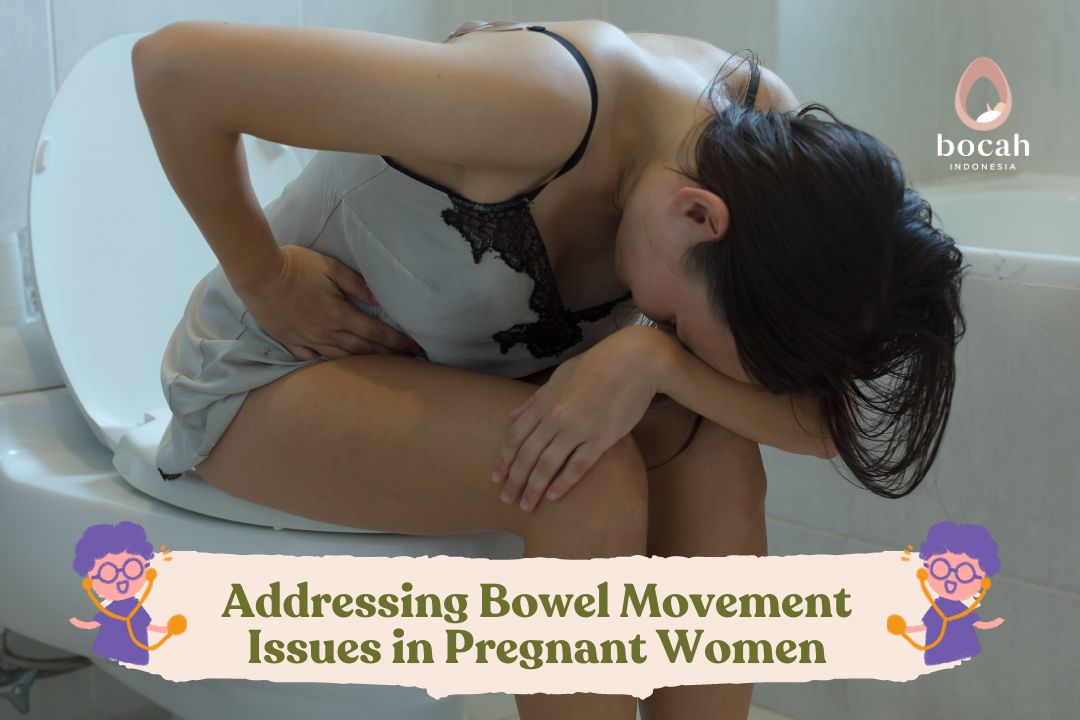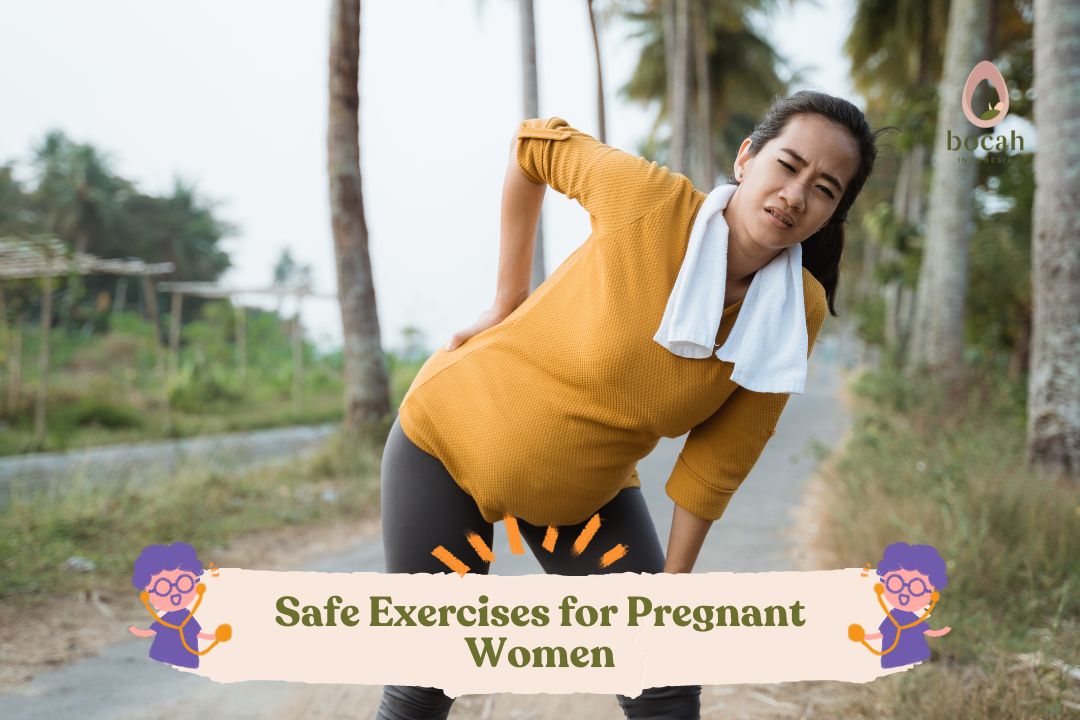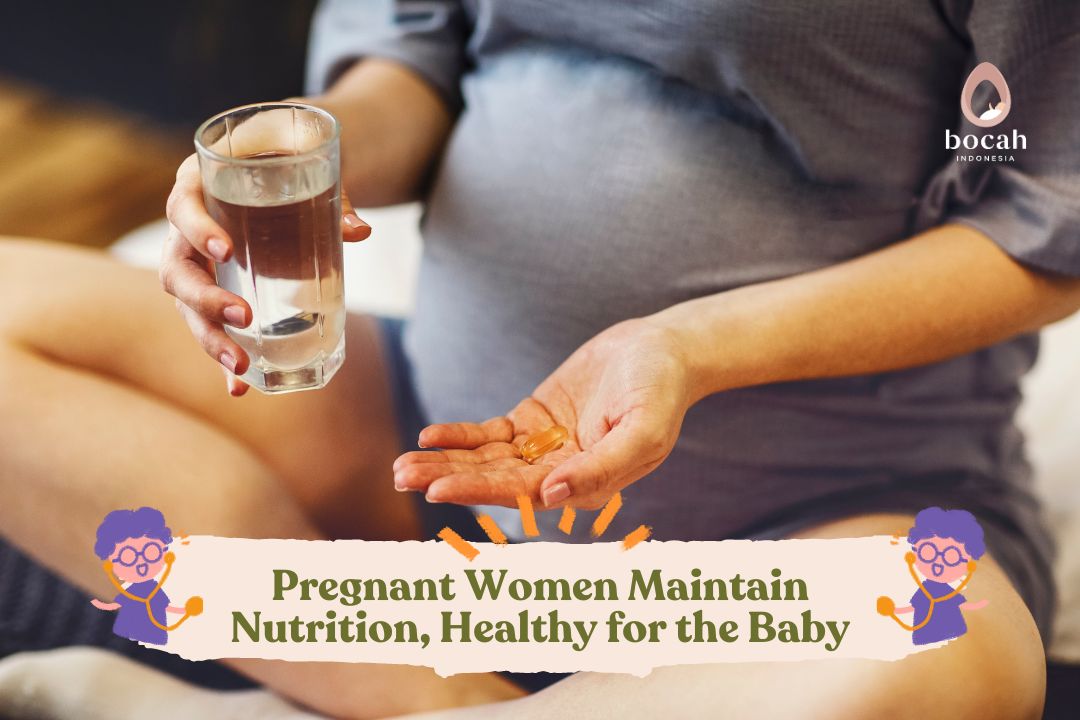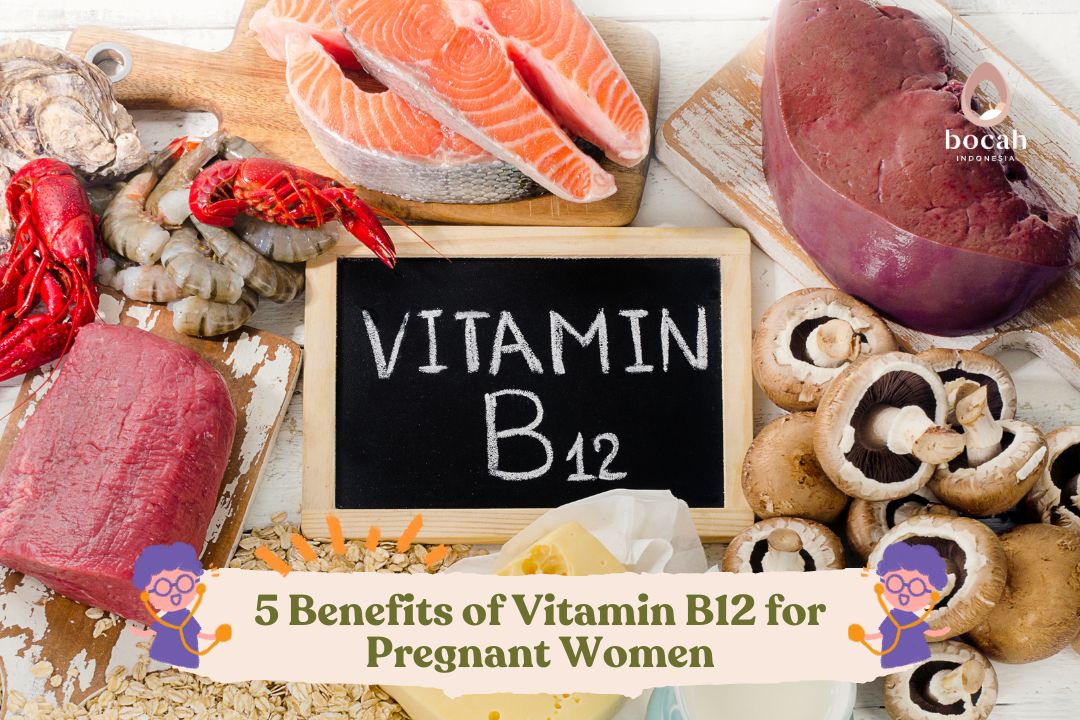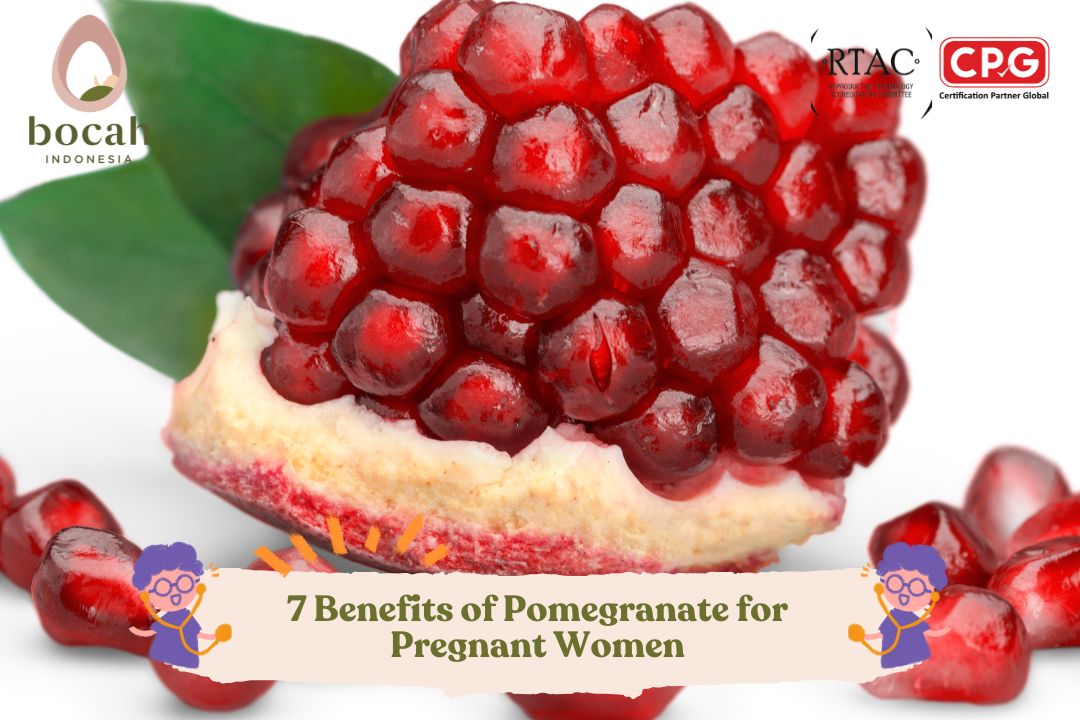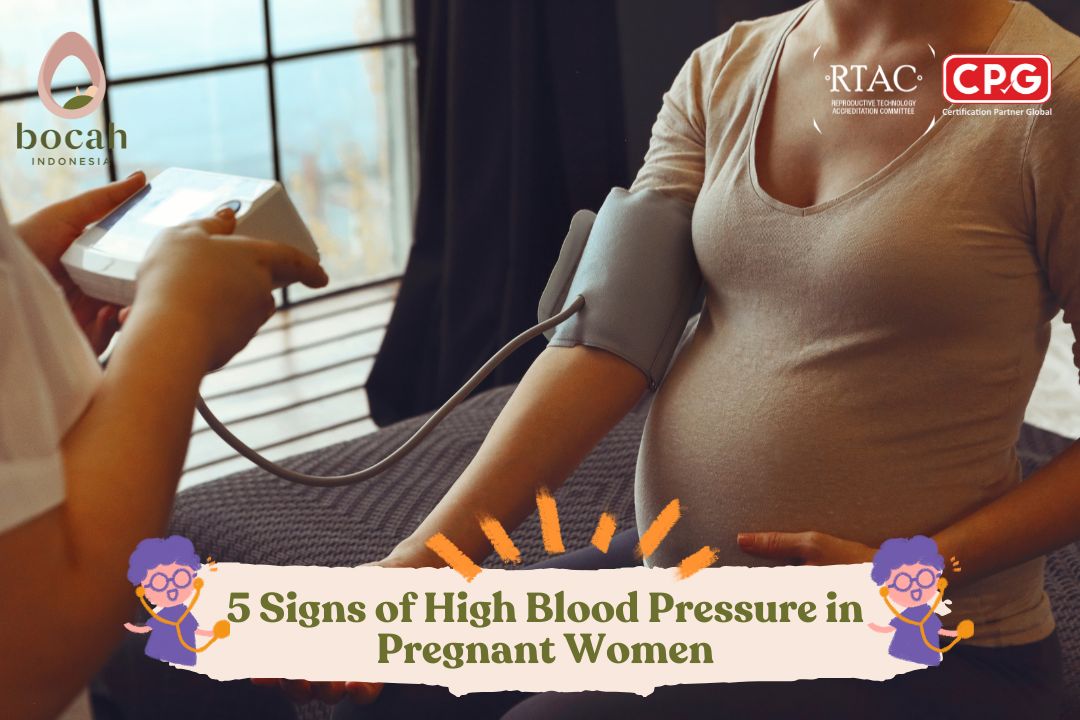How to Successfully Cook for Pregnant Women
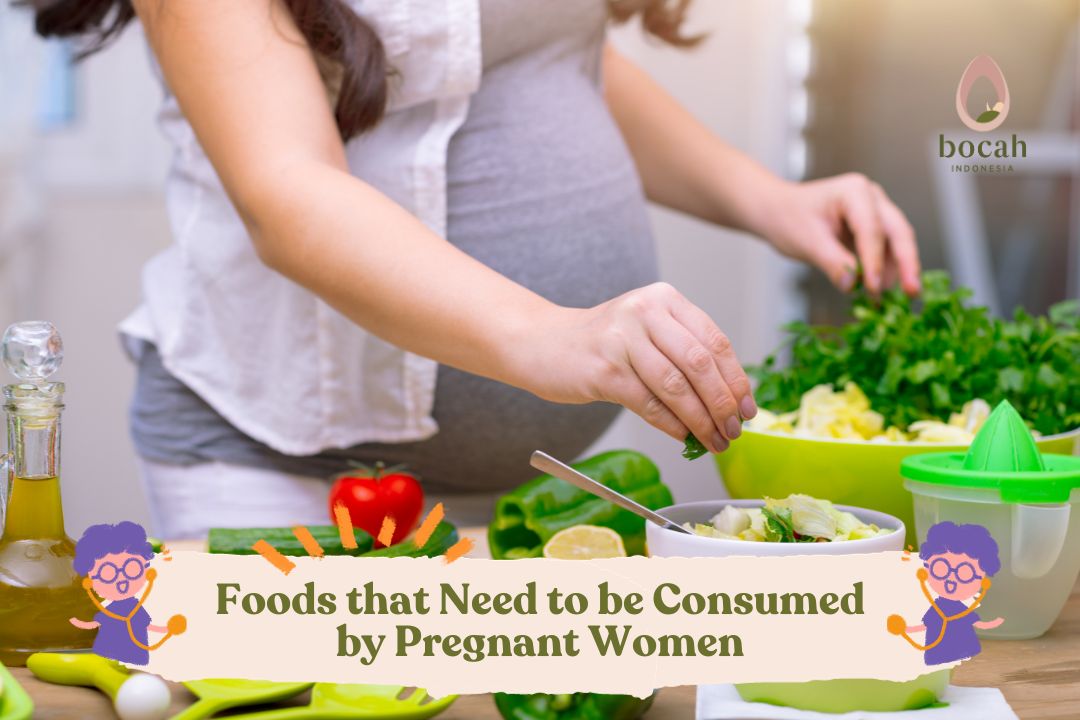
The growth of the fetus can be optimized if the mother’s nutritional needs before and during pregnancy are met. Consuming healthy and appropriate food is one of the best things to do during pregnancy. The goal is to get enough nutrients to support fetal growth and maintain a healthy weight. Fulfilling essential nutrient needs during pregnancy will help the body’s organs, which have to work extra during this period, function optimally.
How much should one eat during pregnancy?
There’s a saying that a pregnant woman should “eat for two.” This is a misconception because eating twice the usual amount during pregnancy can be dangerous. Instead of “eating for two”, interpret it as eating twice as healthily as usual.
Throughout pregnancy, weight gain is necessary. The amount of weight to gain and the extra calories required depend on various factors, including pre-pregnancy weight and gestational age. Most women with a single pregnancy and healthy pre-pregnancy weight have the following calorie needs:
- First trimester (first 12 weeks of pregnancy) – no extra calories needed.
- Second trimester (13-26 weeks) – an extra 340 calories per day.
- Third trimester (after 26 weeks) – an extra 450 calories per day.
340 calories is roughly equivalent to a glass of skim milk and half a slice of bread. For multiple pregnancies, the additional caloric needs are greater. For a twin pregnancy, an extra 600 calories per day are needed, while for a triplet pregnancy, it’s 900 calories per day.
Consult with your doctor to determine the exact number of calories to consume and how much weight to gain.
Tanya Mincah tentang Promil?
Types of food that pregnant women should consume
During pregnancy, the basic principles of healthy eating remain the same. However, pregnant women need more specific nutrients like protein, iron, folic acid, calcium, vitamin D, omega-3 fatty acids, vitamin B, and vitamin C. It’s also important to get enough fiber.
To get the necessary nutrients during pregnancy, adopt a healthy diet. Choose your favorite combination of healthy foods from the following food groups:
- Whole fruits, such as apples, pears, dragon fruit, melons, watermelons, oranges, mangoes, and bananas.
- Vegetables, like broccoli, sweet potatoes, beets, spinach, mustard greens, carrots, tomatoes, and others.
- Whole grains, like brown rice, basmati rice, oatmeal, muesli, granola, and whole wheat bread.
- Proteins, such as lean meats, chicken, fish, eggs, legumes, and nuts, tofu, and tempeh.
- Dairy products, like low or fat-free milk, yogurt, cheese, soy milk.
- Oils, like vegetable oil, olive oil, and oils in seafood, avocados, and nuts.
Pregnant women can consume types of fish and seafood that are very low in mercury. Eating these types of fish is good for the baby’s development, as long as it’s not consumed too frequently. Experts recommend the following consumption guidelines:
- 2-3 servings of fish very low in mercury, such as shrimp, canned tuna, salmon, anchovies, cod, herring, sardines, tilapia, and trout.
OR
- 1 serving of low-mercury fish, like grouper, mahi-mahi, and yellowfin tuna. Tuna steaks are also acceptable, but only once a week.
For snacks, pregnant women can choose healthy and nutritious options, such as:
- Low-fat dairy products, like yogurt, combined with fruit. Ensure it doesn’t contain excessive added sugar.
- Whole wheat biscuits or bread with peanut butter.
- Sweet potatoes, edamame beans, dark chocolate, avocados.
- Green bean porridge.
- Fruit salad.
If you’re following a vegetarian diet during pregnancy, consult with a nutritionist about food choices. Those on a vegetarian diet need to supplement certain essential nutrients for the baby’s growth, which may not be obtainable from a vegetarian diet.
Types of food pregnant women should avoid
Certain foods can be harmful to both mother and fetus. Therefore, pregnant women need to avoid the following:
- High mercury fish. This includes bigeye tuna, sharks, swordfish, king mackerel, and marlin. Mercury is a metal that can inhibit the development of the baby’s brain.
- Raw or undercooked seafood or contaminated seafood.
- Avoid raw fish and shellfish. Examples of raw or undercooked foods to avoid include sushi, sashimi, raw oysters, scallops, and clams.
- Avoid chilled raw seafood, such as jerky or smoked seafood. Unless these foods are then cooked again into another cooked dish.
- If consuming fish from local waters, follow local government guidelines, especially if there’s a possibility of water pollution.
- Cook seafood properly. For fish, cook until the internal temperature reaches 63 degrees Celsius. Fully cooked fish will flake easily and appear opaque. For shrimp, lobster, and clams, cook until they turn a milky white color. For clams, mussels, and oysters, cook until their shells open.
- Avoid processed food.
- Avoid excessive caffeine intake.
- Avoid alcohol.
- Avoid foods containing artificial sweeteners.
- Reduce consumption of sugary foods and drinks, and limit trans fats and saturated fats.
- Limit the intake of salt.
- Pay attention to the storage and cleanliness of food. Make sure food is cooked thoroughly and stored in a clean place.
Additional tips
- Keep hydrated by drinking plenty of water.
- Maintain a routine of eating small, balanced meals and snacks every three to four hours.
- Don’t skip breakfast.
- Include fiber in your diet to avoid constipation.
- Be cautious with herbal teas and supplements as not all are safe to consume during pregnancy.
- Perform regular exercise, as recommended by a doctor.
- Get adequate rest.
- Manage stress by relaxing and doing things that make you happy.
- Avoid smoking or exposure to secondhand smoke.
- Don’t take medicine without consulting a doctor.
- Always wash your hands before and after eating and ensure that the cooking and eating utensils are clean.
- Pay attention to portion sizes to avoid excessive weight gain.
- Take prenatal vitamins as directed by your doctor.
Following these guidelines and consulting with your healthcare provider will help ensure a healthy pregnancy and a healthy baby. Your healthcare provider can guide you on the right path for nutrition and weight gain during pregnancy, tailored to your individual needs.
If you have specific dietary restrictions or health conditions, it’s crucial to work with a healthcare provider to create a meal plan that meets your and your baby’s nutritional needs. Always consult a healthcare professional for medical advice and treatment tailored to your specific condition.
Source:
- American College of Obstetricians and Gynecologists. [Last updated June 2023]. FAQ001. Nutrition during pregnancy. URL: https://www.acog.org/womens-health/faqs/nutrition-during-pregnancy.
- Patient education: nutrition before and during pregnancy (the basics). In: UpToDate, Post, TW (Ed), UpToDate, Waltham, MA, 2023.
- U.S. Department of Health and Human Services. [Last updated May 19, 2023]. FAQ001. Eat healthy during pregnancy: quick tips. URL: https://health.gov/myhealthfinder/pregnancy/nutrition-and-physical-activity/eat-healthy-during-pregnancy-quick-tips.


